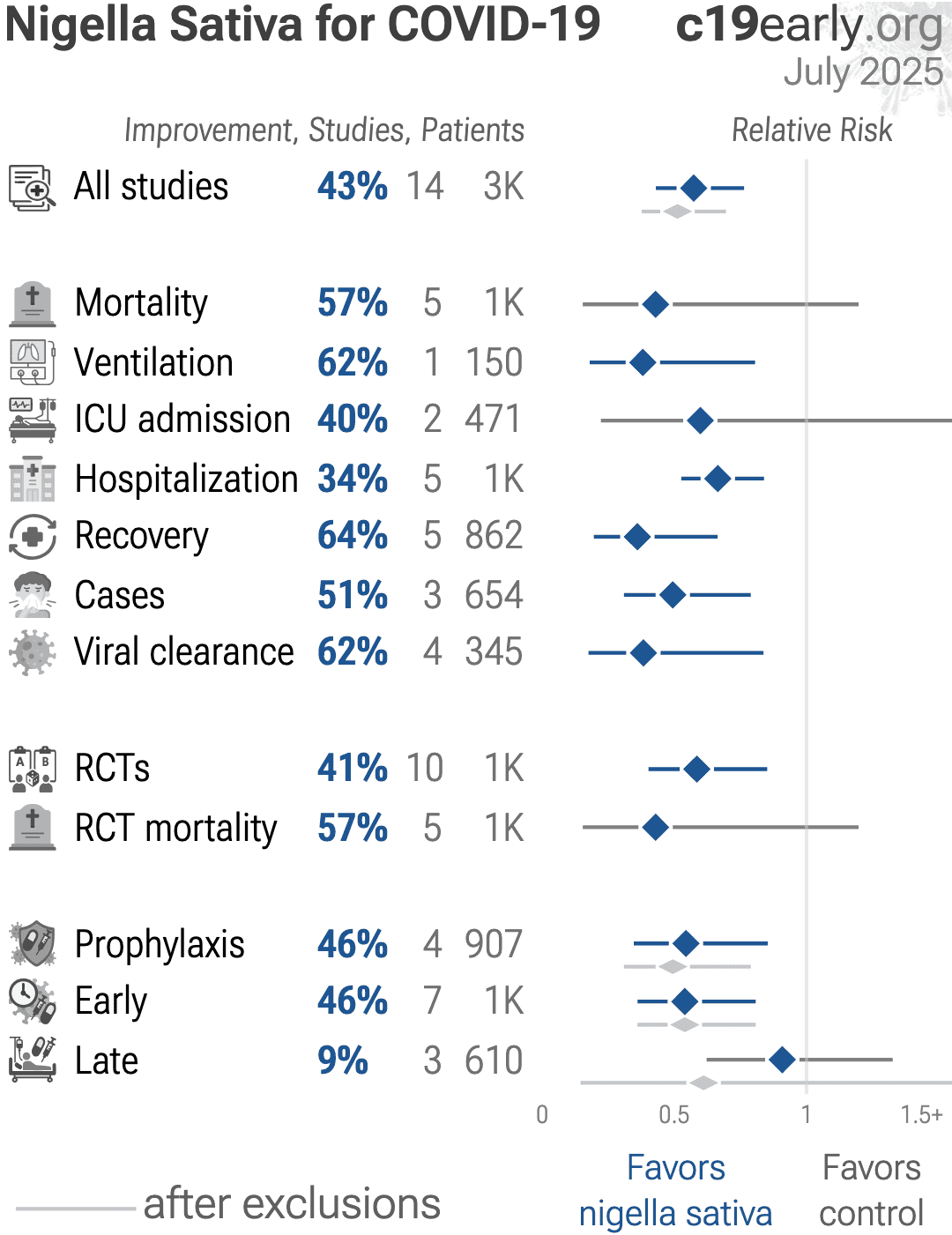Easter is a pivotal celebration within the Christian calendar, where believers commemorate the resurrection of Jesus Christ—a cornerstone of the faith. As 2025 approaches, one might wonder, “What is the date of Easter this year?” This seemingly straightforward question is, in fact, imbued with rich theological significance and reflects deeper customs and traditions that resonate across denominations.
In 2025, Easter Sunday falls on April 20th. However, the determination of this date is not as simple as flipping a calendar page. Easter is celebrated on the first Sunday following the first full moon after the vernal equinox, a peculiarity rooted in the intricacies of the lunar calendar juxtaposed against the solar calendar. This blend of celestial events showcases the blending of pagan traditions with Christian beliefs, highlighting how early followers sought to harmonize their new faith with existing cultural practices.
The formula for determining Easter was formalized by the Council of Nicaea in 325 AD. Here, ecclesiastical authorities sought to create a standardized method for resolving when to celebrate Easter, which had previously varied from region to region. By adhering to the Paschal Full Moon, the Church not only adopted a method linked to the Jewish calendar—critical since the Last Supper was a Passover meal—but also encapsulated the theme of resurrection and rebirth found in spring. So, as we anticipate the arrival of Easter in 2025, it is essential to appreciate its complexities.
In preparing for Easter, the Christian community engages in a variety of traditions and practices leading up to the event. Lent, a 40-day season of penance, reflection, and fasting, precedes Easter Sunday. This observance mirrors Jesus’ 40 days of fasting in the desert and serves as a time for believers to prepare their hearts for the resurrection. Each week leading up to Easter bears its own significance, with Ash Wednesday marking the beginning of Lent and Palm Sunday—a remembrance of Jesus’ triumphal entry into Jerusalem—highlighting the final days of His life before crucifixion.
This period of introspection culminates in Holy Week, during which numerous liturgies and rituals take place. Maundy Thursday commemorates the Last Supper, focusing on themes of servanthood and sacrifice. Good Friday, a somber observance, reflects on Christ’s crucifixion and, by extension, the foundational principle of sacrificial love—a facet of Christian theology that beckons believers to examine the depths of their faith.
One might playfully ask, “Why does the Church impose such a lengthy period of preparation? Can one simply show up on Easter Sunday without any forethought or reflection?” While physically possible, the absence of the preceding journey would significantly diminish the joy and reverence of the resurrection celebration. It serves as an age-old reminder that spiritual growth often requires intentional effort and self-examination. The solemnity of Lent, alongside the vibrant celebration of Easter, encapsulates the juxtaposition of death and new life, a fundamental theme in Christian doctrine.
In addition to spiritual introspection, various cultural manifestations surrounding Easter emerge globally. Many Christians participate in communal services, while others may observe unique customs—such as decorating eggs, symbolizing new life, or engaging in festive meals with family. These rituals, while varying widely in practice, share the intrinsic goal of fostering community and emphasizing the joy of resurrection and hope. Whether through hymns sung at dawn or elaborate feasts prepared on Easter Sunday, the essence of community remains paramount.
The juxtaposition of Easter’s timeliness with the tradition of rituals enriches the observance. Beyond its date, Easter’s significance is a reminder of the transformative power of faith, resurrection, and redemption. It offers an opportunity for believers to reflect on their own spiritual journeys and the promise of renewal inherent in the resurrection narrative.
Ecclesiastical debates regarding the date of Easter are not entirely resolved either, as certain Orthodox traditions adhere to the Julian calendar, observing Easter on different dates than their Western counterparts. This divergence serves as a reminder of the broader, and at times contentious, dialogue within the Christian community regarding faith practice and biblical interpretation.
Ultimately, Easter is more than a date; it encapsulates a paradigm through which believers can explore their faith, their relationships with one another, and their connection to the divine. In 2025, as observances unfold, Christians across the world will engage in a collective expression of hope which reverberates through time. Circling back to the earlier question: is mere attendance enough? Perhaps not. It invites a deeper contemplation: authentic engagement is where the true power of Easter lies.
As you reflect on the significance of April 20, 2025, consider not only the date but what Easter represents: a call to hope amid despair, renewal in times of stagnation, and a celebration of life following death. What might you do to prepare your heart for this auspicious day? How might you foster community, embodying the essence of Easter not just on Sunday, but in your daily life, leading up to that moment of resurrection and rejoicing? These are the questions that can guide you as the date approaches, ensuring that when Easter arrives, it is not merely a day in April, but a profound spiritual pilgrimage.



